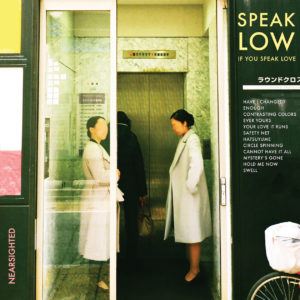 It has been over five years since Ryan Scott Graham first released “Everything But What You Need,” the debut album from the multi-instrumentalist’s solo project, Speak Low If You Speak Love. (It was reissued by Pure Noise Records in 2015.) As the bassist and backing vocalist for State Champs, Graham is no stranger to juggling musical genres, but even he admits to experiencing nerves on the eve of releasing his solo sophomore, “Nearsighted,” which he describes as a “new direction.”
It has been over five years since Ryan Scott Graham first released “Everything But What You Need,” the debut album from the multi-instrumentalist’s solo project, Speak Low If You Speak Love. (It was reissued by Pure Noise Records in 2015.) As the bassist and backing vocalist for State Champs, Graham is no stranger to juggling musical genres, but even he admits to experiencing nerves on the eve of releasing his solo sophomore, “Nearsighted,” which he describes as a “new direction.”
We sat down with Graham days before the release of the album to discuss the emotions attached to putting music out into the world, what listeners could be thinking in the year 3043, and why he doesn’t write while on the road.
TrunkSpace: As you gear up for releasing new material, what emotions do you wrestle with? Is it excitement? Are there nerves? Is it a combination of both?
Ryan Scott Graham: It’s absolutely a good combination of both. I haven’t released new Speak Low music in a few years, so it’s nerve wracking to see what the reception of the new direction is, but it’s also exciting because there’s nothing to really fear when you believe in the songs so much.
TrunkSpace: Is there a different feeling associated with releasing Speak Low If You Speak Love songs as opposed State Champs’ material? Is there more of you invested personally in the solo material just by the nature of how it all comes together?
Ryan Scott Graham: I’m deeply passionate about both bands, so it’s hard to compartmentalize the feeling associated with debuting new songs. Both are fun and exciting, but I guess Speak Low can feel slightly different because it’s more of an “all eyes on me” moment. If somebody doesn’t like the material it definitely feels a bit more personal than the group effort. That’s probably the biggest contrast.
TrunkSpace: The songs on the album were created by you, given life, and will now live on long after any of us are here. Do you view your songwriting as part of a legacy? Do you hope that people of, let’s say 3043, will have a sense of who Ryan Scott Graham was by listening to “Nearsighted?”
Ryan Scott Graham: I think the reason why putting new music into the world is scary in the first place is because it exists forever. In regards to “Nearsighted,” a goal of mine was to make a cohesive record that had some legs to stand the test of time. Will it? I guess we will have to wait and see, but I think records you can listen to from front to back are the ones that stay with listeners. I’m crossing my fingers I accomplished that. In 3043, if people are listening to Speak Low I think they’ll wonder why I’m such a crybaby. That is unless, of course, robots can feel emotions too.
TrunkSpace: When you first sat down to put together “Nearsighted,” what were your personal goals? Did you set out to achieve something specific with it from a creative standpoint that you feel you didn’t accomplish with your debut album?
Ryan Scott Graham: I suppose I wanted to be more deliberate overall. Not only with the lyrics, but the melodies and instrumentation to accompany. It’s not that I’m not proud of “Everything But What you Need,” because I am, but it feels like a different lifetime. I wrote those tracks without revisiting or rewriting a single note, which I’m sure some would argue gives the record its charm, but there was much more deliberate thought on the “Nearsighted” tracks. I wanted the flow of this record to be smoother. I wanted to capture a moment in time and feel timeless all at once.
TrunkSpace: What are you most proud of with “Nearsighted?”
Ryan Scott Graham: I’m proud of the journey. I wanted to give up numerous times, because I put so much unnecessary pressure on myself. When I sat back and remembered why I was creating, everything began to come together. I needed to remind myself that I love what I do – and there will always be someone out there who needs to hear what you have to say.
TrunkSpace: Is it easy for you to transition from Speak Low If You Speak Love to State Champs and vice versa? Creatively do you have to compartmentalize the two or does the spark that fuels both stem from the same place?
Ryan Scott Graham: I think it all comes from the same place, truthfully. Yes, they’re different genres and I think maybe the project goals are different, but there’s nothing I love more than making music. Sometimes I write a riff that I think is fundamentally Speak Low and it ends up finding its way into a State Champs song. You really never know!
TrunkSpace: You’re obviously performing your songs in a live capacity, but when an album is complete, do you go back and listen to the recorded versions with any frequency?
Ryan Scott Graham: Of course! I don’t think of it as self gratuitous to listen to your own songs. I create things I enjoy and am proud of – you can be proud of yourself without being a jackass!
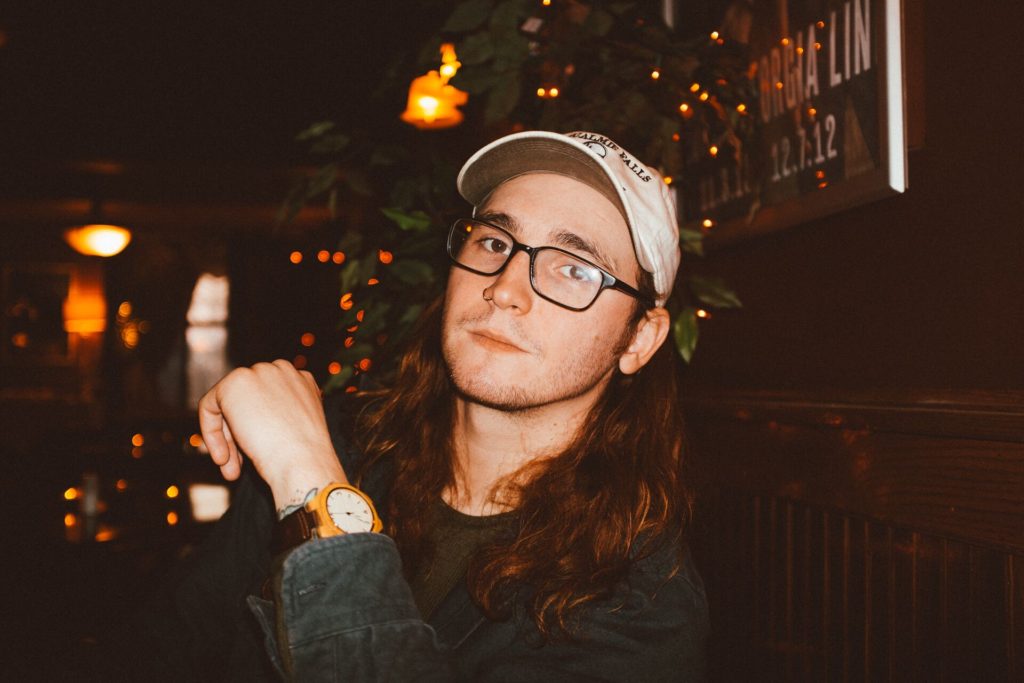
TrunkSpace: Are you a perfectionist when it comes to the recording process? Are you able to easily label a song complete, or do you labor away at them, tweaking and retweaking?
Ryan Scott Graham: As I mentioned earlier, “Everything But What You Need” was a record that came easily; “Nearsighted” was a completely different story. I rewrote, reworked and re-chorded multiple songs over the course of the making of the record. It was frustrating because you want the songs to make sense immediately, but that just isn’t the case every time. It makes it more special when they do click right away.
TrunkSpace: Could you ever see a day where music is not a major factor in your life? If so, would you still need a creative release/outlet?
Ryan Scott Graham: I have a lot of passions that I hope to pursue in the years ahead, but I can’t imagine a future without music. Whether that’s my career path or not, it’s hard to say. I’d love to teach English or literature abroad at some point.
TrunkSpace: When it comes to your career in music, did you have a mentor who took you under their wing? Do you see a time when you could be in that mentor role and helping to put another young musician on his/her path?
Ryan Scott Graham: I don’t know that I’ve had a “mentor” per se, but I’ve definitely had a handful of musicians that I looked up to growing up. I always tried to reflect specific pieces of their journey in my own without being a copy. As far as me being a mentor to someone, it’s certainly not out of the question. If I can influence someone in a positive and creative way, I’m doing something right. There’s nothing more rewarding than hearing someone say that something you did made them want to try it out. You can’t fall in love with something without giving it a fair chance.
TrunkSpace: You have a big tour set to kick off soon. Are you someone who can write while out on the road or do you have to unplug creatively while out there on the highways and byways?
Ryan Scott Graham: I tend to unplug musically while I’m on the road. Obviously we’re playing the show and in the zone during the sets, but in regards to songwriting, I need to lock myself away if I’m going to get anything done. Being on the road is key for conversations, exploration and people. I’d rather pour myself into something other than music while I’m out here.
TrunkSpace: We’ve barely scratched the surface on 2018. Did you make any New Year’s resolutions for yourself and if so, how are you doing sticking with them thus far?
Ryan Scott Graham: My resolution for 2018 was to develop a better pattern of time management, but I can honestly say that I have not been doing a great job of that. I love to stress myself out.
“Nearsighted” is available now from Pure Noise Records.



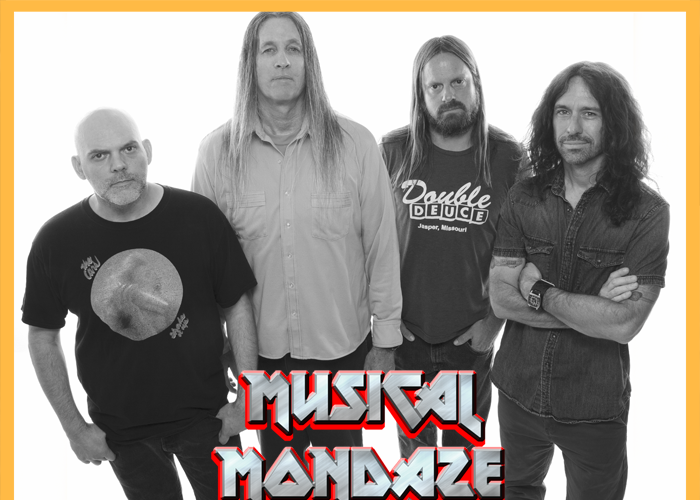
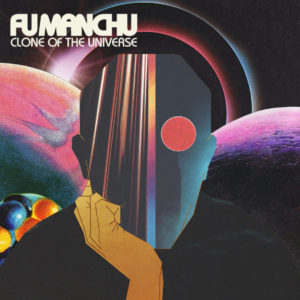 As the old adage suggests, if something isn’t broke, why fix it?
As the old adage suggests, if something isn’t broke, why fix it?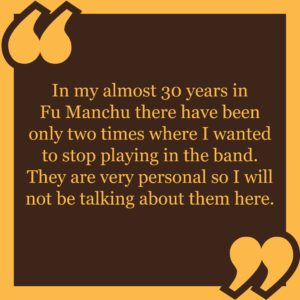
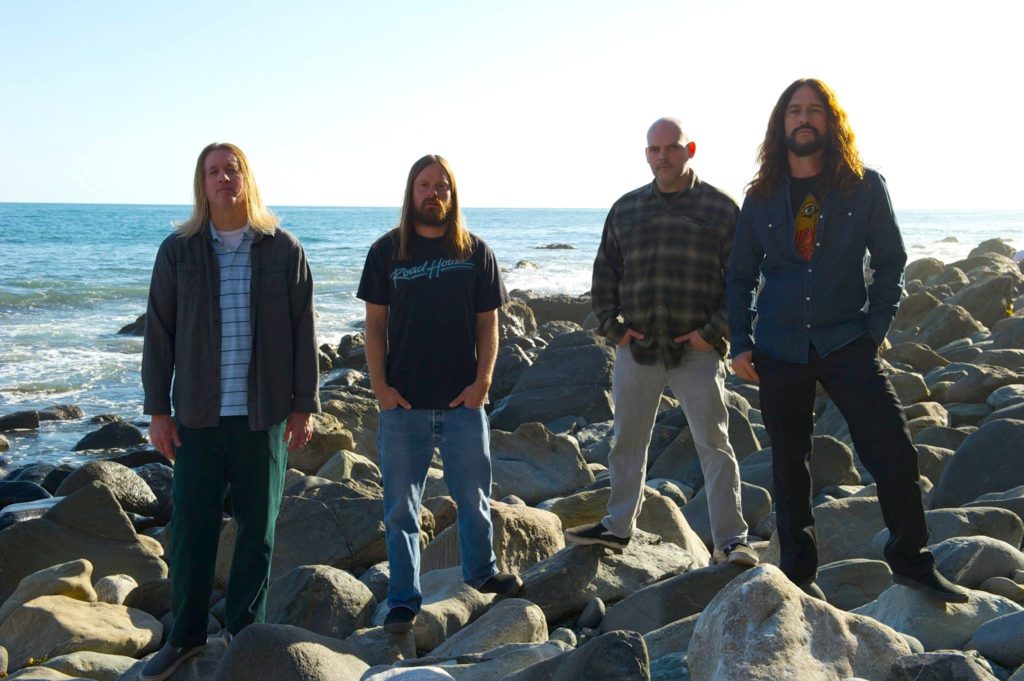


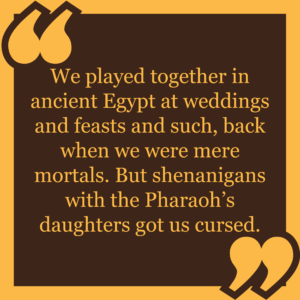
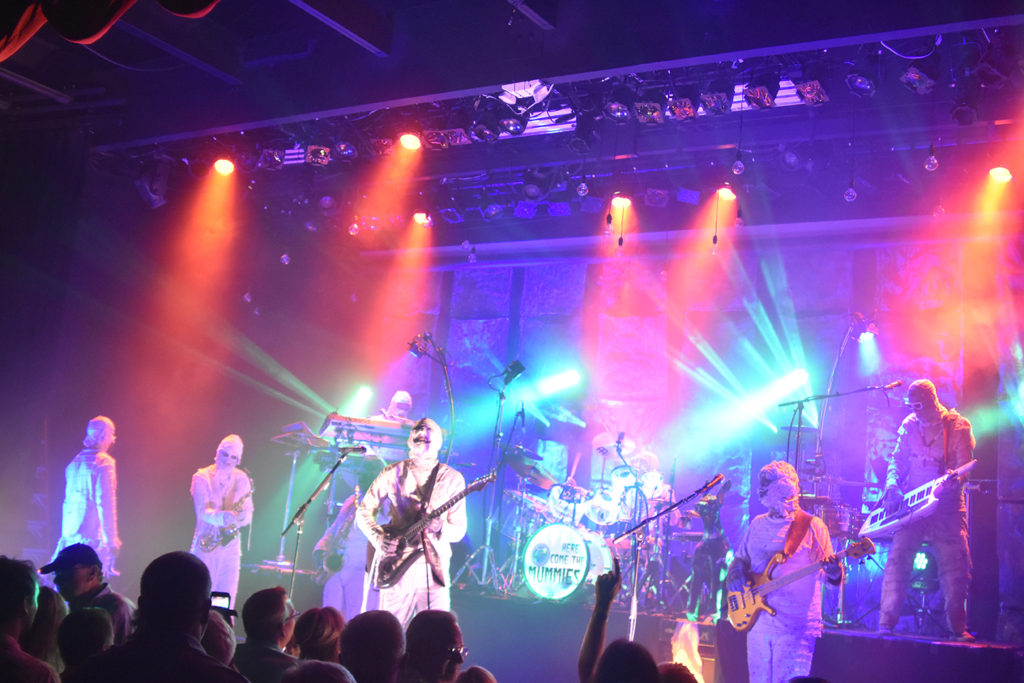
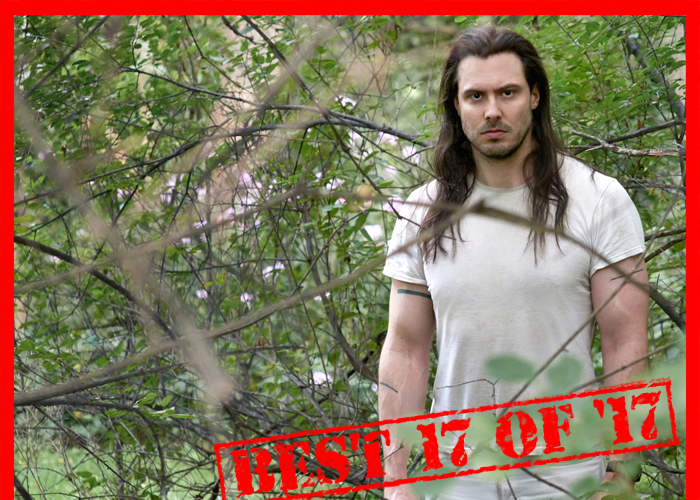

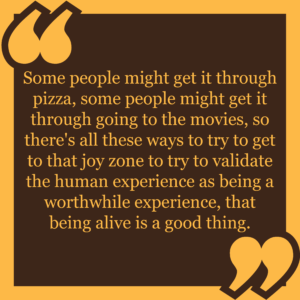 extravagant neon lights and another one uses a giant, waving cowboy, and another one uses an Egyptian theme with a giant black glass pyramid and a recreation of the Sphinx. They all have something to offer but at the end of the day, it’s a similar experience, which I guess is to win money. That’s not how it goes most of the time as we are well aware. Talk about contrast and ups and downs! That’s why I like Las Vegas so much, it’s really a land of contrast. This complete void, abyss, desert, then all of a sudden this oasis of extremely dense intensity. Extreme darkness and then extreme light all concentrated in this one electrical blowout. This idea of winning money or severe loss. It’s pain and joy, up and down.
extravagant neon lights and another one uses a giant, waving cowboy, and another one uses an Egyptian theme with a giant black glass pyramid and a recreation of the Sphinx. They all have something to offer but at the end of the day, it’s a similar experience, which I guess is to win money. That’s not how it goes most of the time as we are well aware. Talk about contrast and ups and downs! That’s why I like Las Vegas so much, it’s really a land of contrast. This complete void, abyss, desert, then all of a sudden this oasis of extremely dense intensity. Extreme darkness and then extreme light all concentrated in this one electrical blowout. This idea of winning money or severe loss. It’s pain and joy, up and down.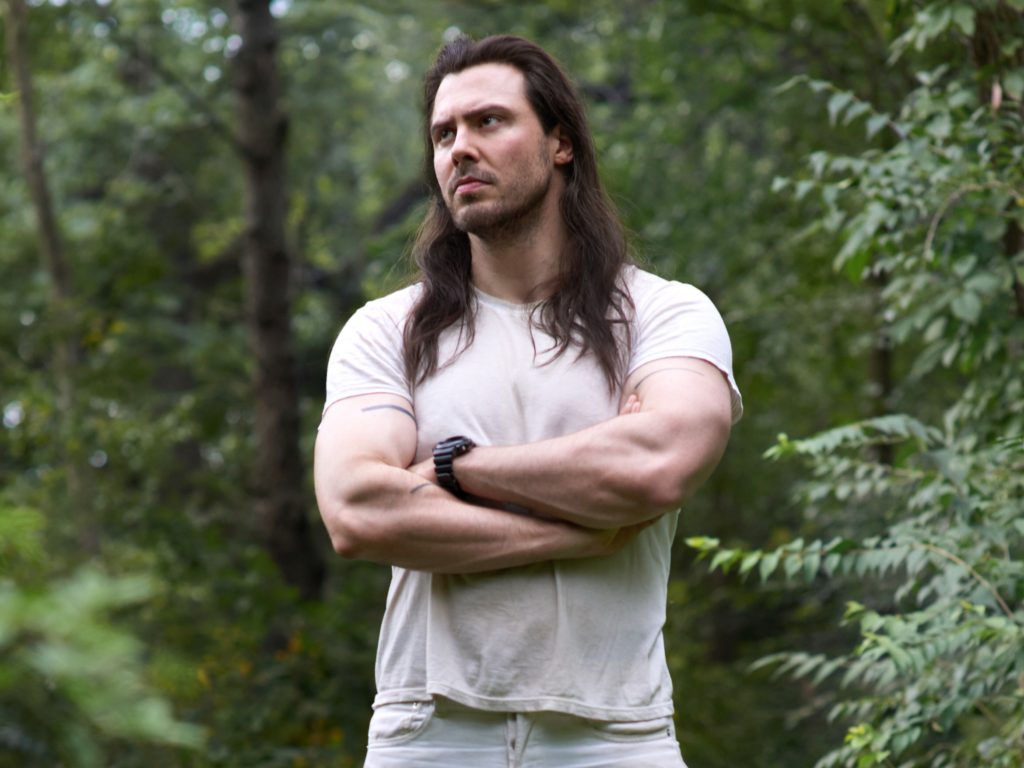
 TrunkSpace: In terms of just the music side of what you do, there’s so much passion in your voice talking about it both from the live performance perspective and in the creation of it. What kept you away from the full band experience for so long and what brought you back?
TrunkSpace: In terms of just the music side of what you do, there’s so much passion in your voice talking about it both from the live performance perspective and in the creation of it. What kept you away from the full band experience for so long and what brought you back?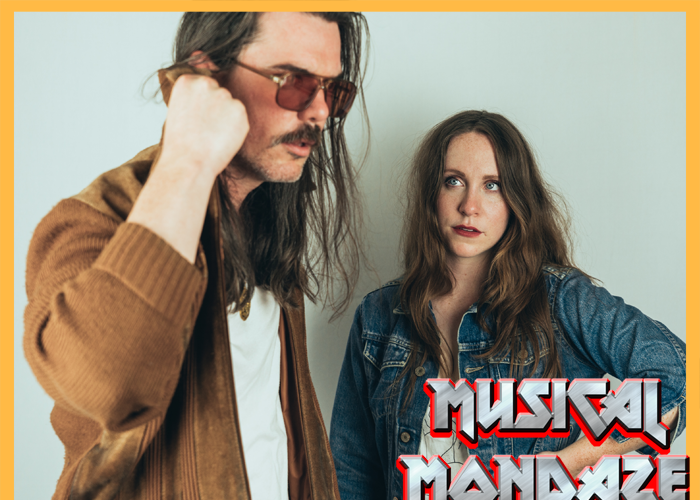
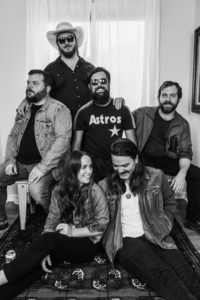 Some artists grow on you, building on the repetitive play of their songs until you can’t help but fall in love with their music. Other artists hook you instantly, capturing you with their sound so that upon first listen, you say to yourself, “Where has this music been all of my life?”
Some artists grow on you, building on the repetitive play of their songs until you can’t help but fall in love with their music. Other artists hook you instantly, capturing you with their sound so that upon first listen, you say to yourself, “Where has this music been all of my life?”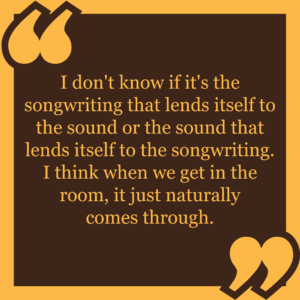 this girl come sing on my stuff.” I thought, “Well, it’s pretty crappy but it’s worth a shot.” She came in and she ended up loving it. Honestly, that’s when the band really started, when we got me, the drummer, and Haley together and then moved on from there.
this girl come sing on my stuff.” I thought, “Well, it’s pretty crappy but it’s worth a shot.” She came in and she ended up loving it. Honestly, that’s when the band really started, when we got me, the drummer, and Haley together and then moved on from there. TrunkSpace: Your songwriting stretches back beyond your time with Vodi. Did you try to capture anything you wrote before the band came together and turn it into material for this album?
TrunkSpace: Your songwriting stretches back beyond your time with Vodi. Did you try to capture anything you wrote before the band came together and turn it into material for this album?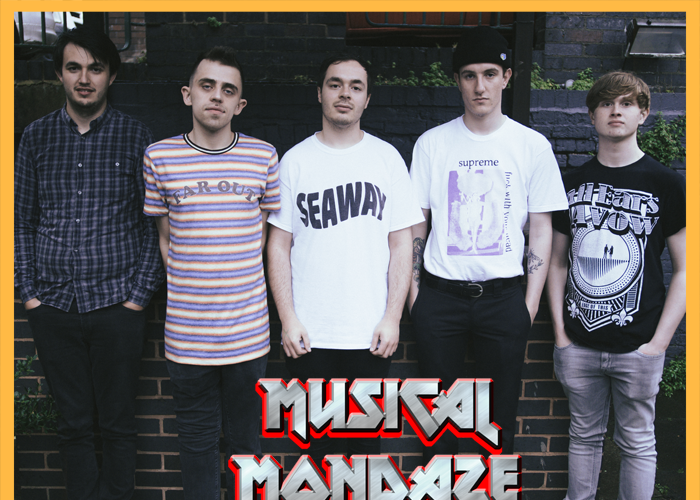
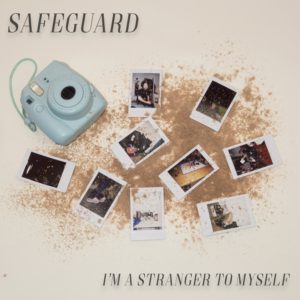 With their latest EP “I’m a Stranger to Myself” just released to the masses, UK-based Safeguard, a pop-punk quintet who played their first show only a little more than a year go, is quickly creating buzz amongst fans of their catchy, angst-ridden sound. While their single “November” is continuing to build steam, the band is looking to the future, hoping recent successes are just a precursor to a new year filled with new opportunities.
With their latest EP “I’m a Stranger to Myself” just released to the masses, UK-based Safeguard, a pop-punk quintet who played their first show only a little more than a year go, is quickly creating buzz amongst fans of their catchy, angst-ridden sound. While their single “November” is continuing to build steam, the band is looking to the future, hoping recent successes are just a precursor to a new year filled with new opportunities.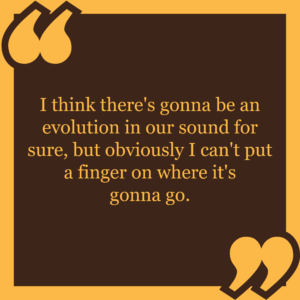

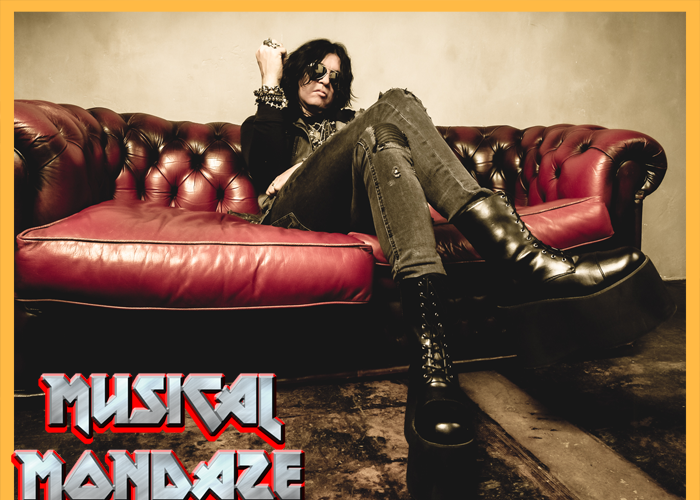
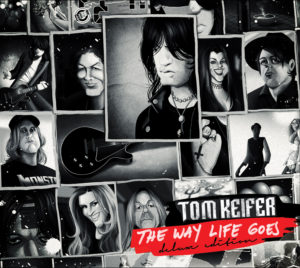 Tom Keifer has been bringing the rock ‘n’ roll thunder to music lovers for over three decades. As the frontman for the bluesy metal band Cinderella, the Pennsylvania native has sold more than 15 million records worldwide and has amassed a loyal fandom that has followed him throughout the ever-changing music industry landscape, from vinyl consumption to cassette tapes, CDs to digital, and back to the nostalgic allure of vinyl once again. As he sang with Cinderella, “The more things change, the more they stay the same.”
Tom Keifer has been bringing the rock ‘n’ roll thunder to music lovers for over three decades. As the frontman for the bluesy metal band Cinderella, the Pennsylvania native has sold more than 15 million records worldwide and has amassed a loyal fandom that has followed him throughout the ever-changing music industry landscape, from vinyl consumption to cassette tapes, CDs to digital, and back to the nostalgic allure of vinyl once again. As he sang with Cinderella, “The more things change, the more they stay the same.” 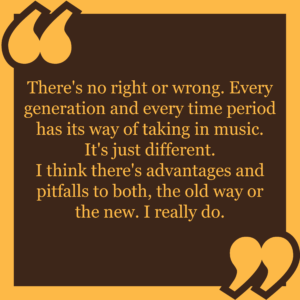
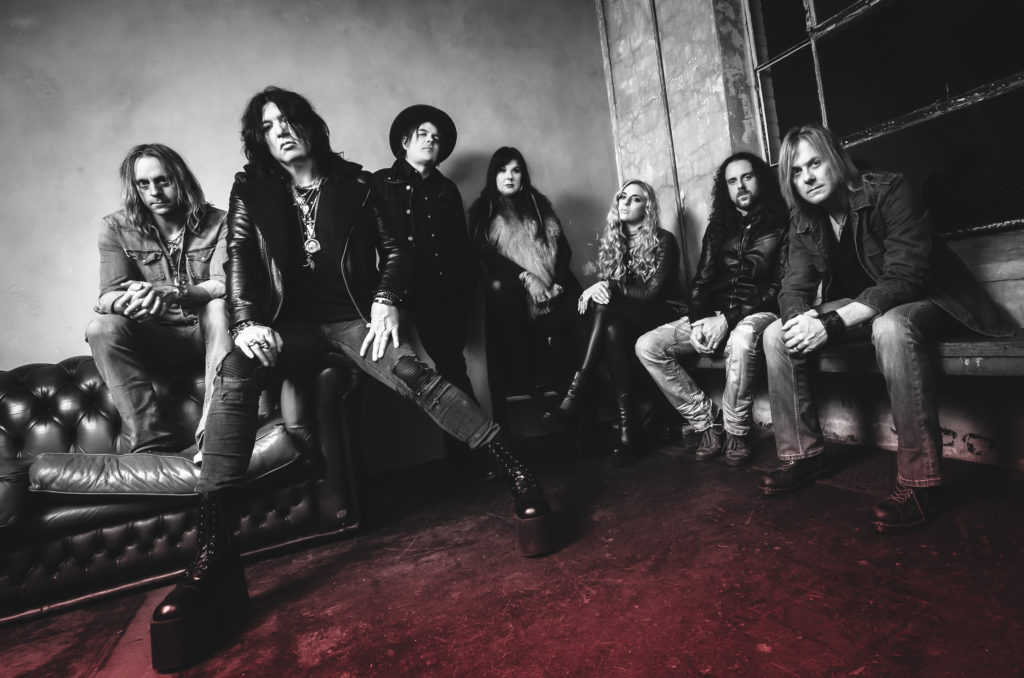
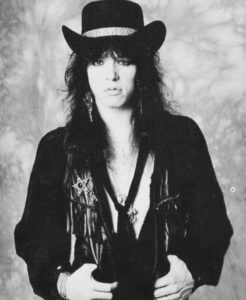
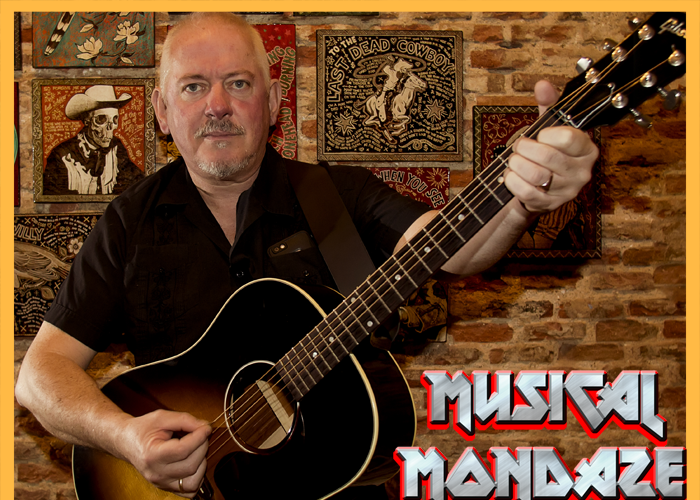
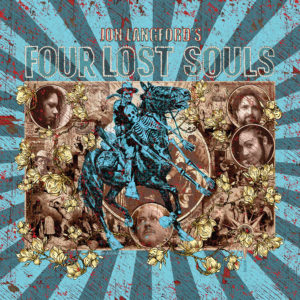 When terrible things happen in the world, particularly those that impact so many people, it’s difficult to proceed forward as if that something never happened. In the case of TrunkSpace, interviews can sometimes become conversations – discussions about the topics that, by chance and circumstance, have the power to connect absolute strangers and remind us that we’re all human.
When terrible things happen in the world, particularly those that impact so many people, it’s difficult to proceed forward as if that something never happened. In the case of TrunkSpace, interviews can sometimes become conversations – discussions about the topics that, by chance and circumstance, have the power to connect absolute strangers and remind us that we’re all human.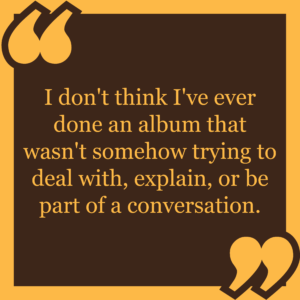
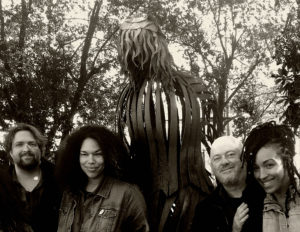
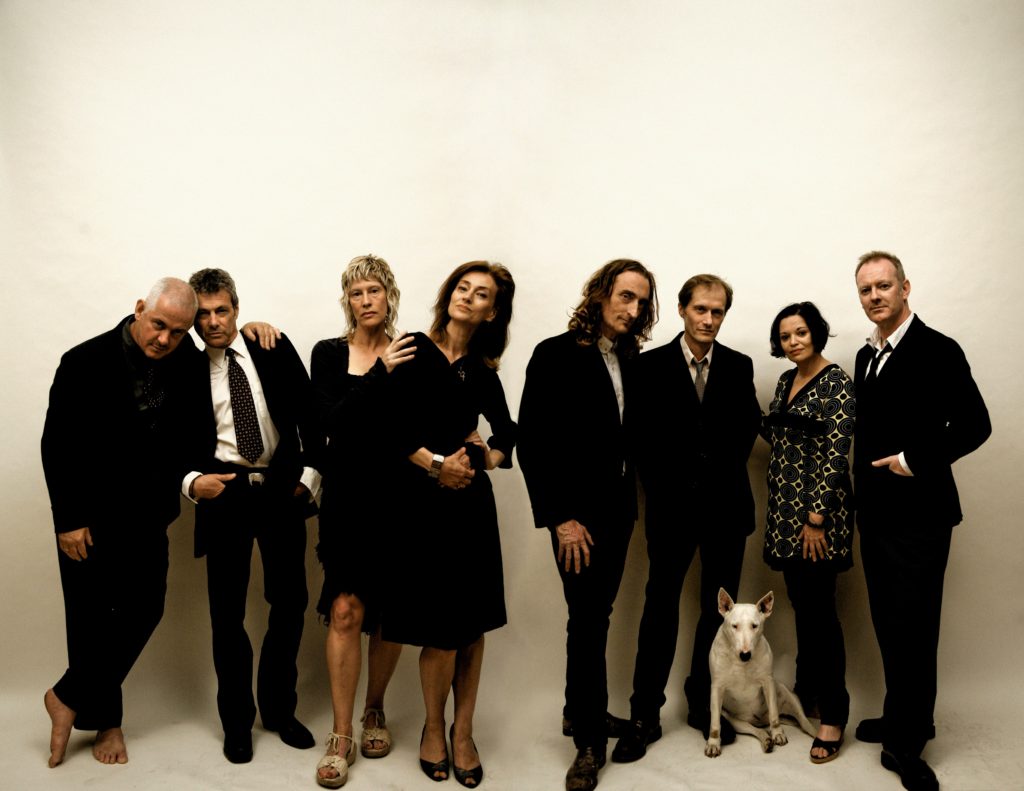
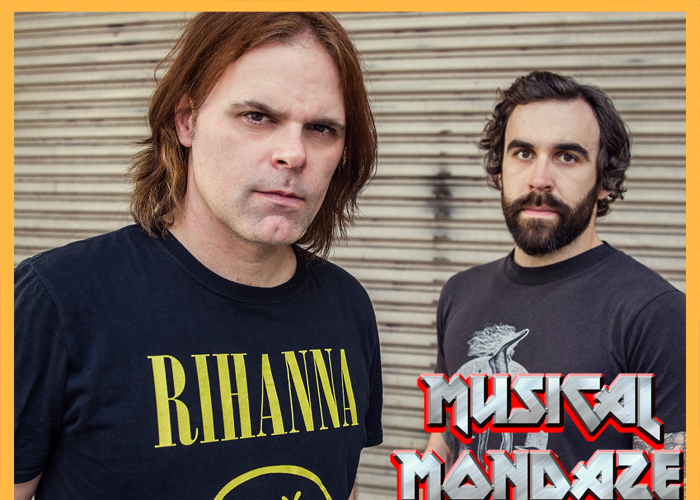
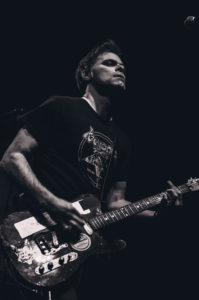 What goes around comes around in the world of music. What’s old is new. What’s dated is retro chic. What’s gone is back.
What goes around comes around in the world of music. What’s old is new. What’s dated is retro chic. What’s gone is back.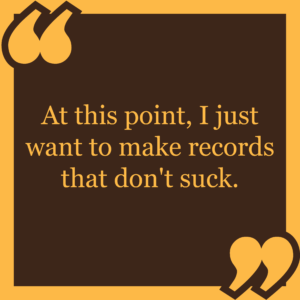
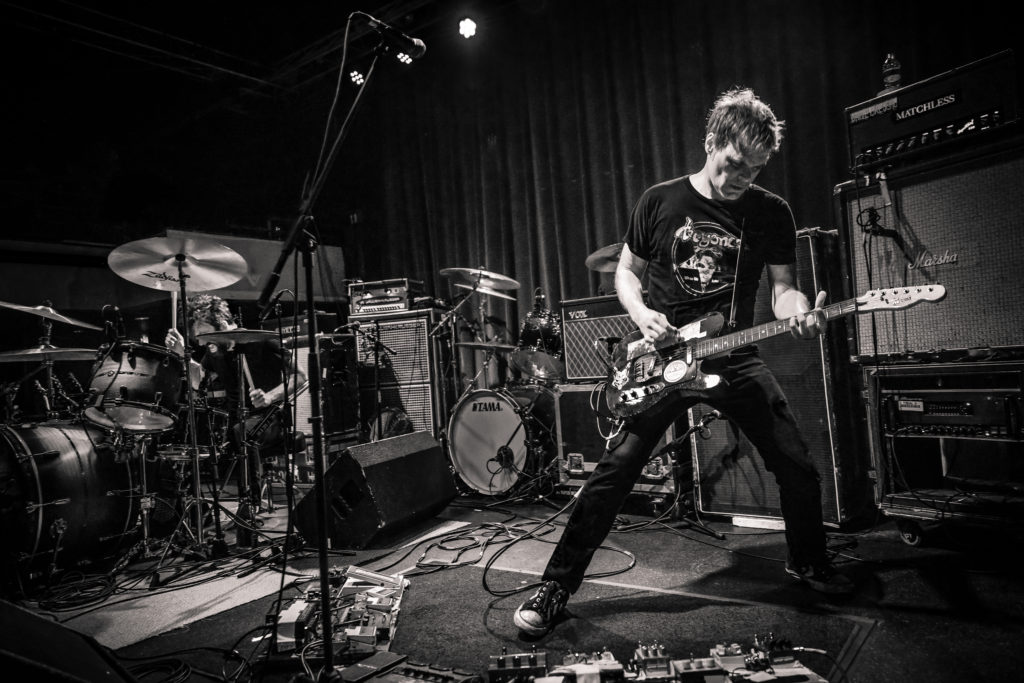


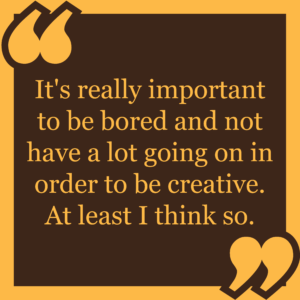 you have already done or said, they say, “Well, she hasn’t moved forward.”
you have already done or said, they say, “Well, she hasn’t moved forward.”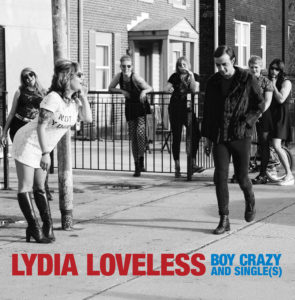 TrunkSpace: The honesty in your music is something you have become known for. When you’re writing about such personal subjects, do you ever stop yourself and say, “Okay, if I move forward with what I’m saying in this particular song and it takes off, I could revisiting it nightly for the next 20 years?”
TrunkSpace: The honesty in your music is something you have become known for. When you’re writing about such personal subjects, do you ever stop yourself and say, “Okay, if I move forward with what I’m saying in this particular song and it takes off, I could revisiting it nightly for the next 20 years?”